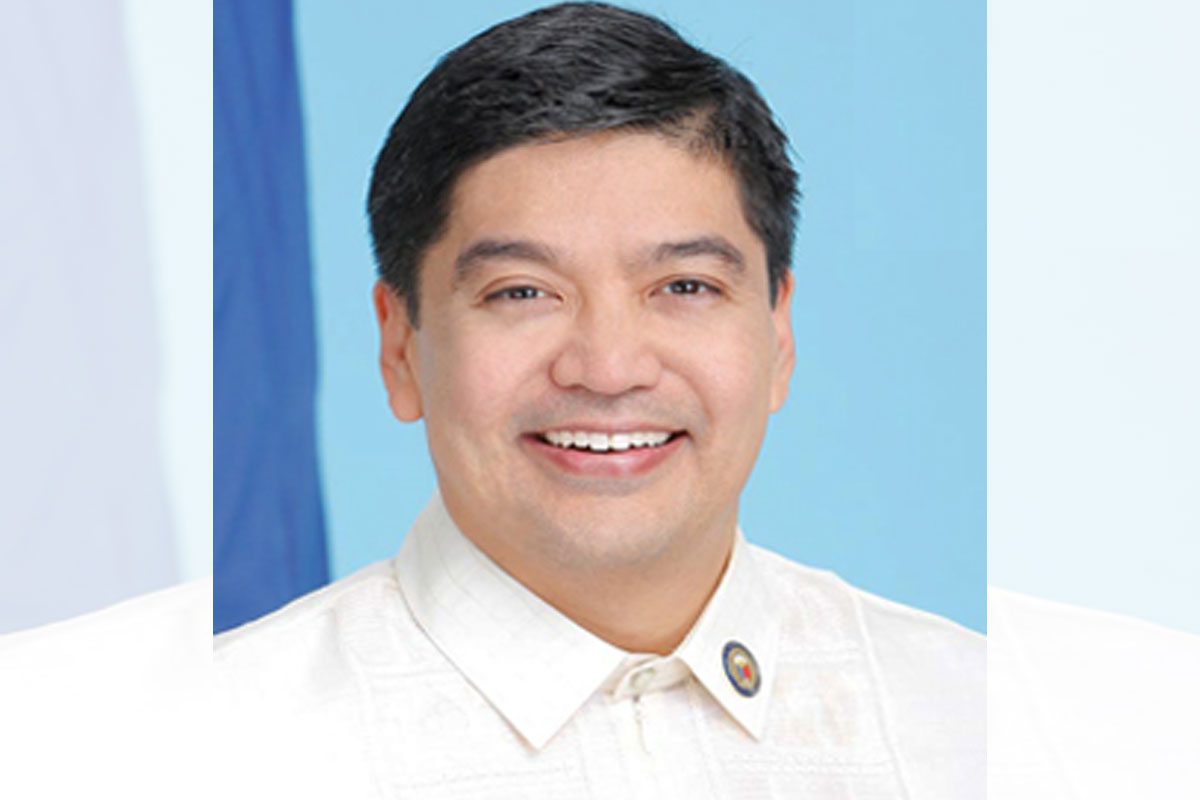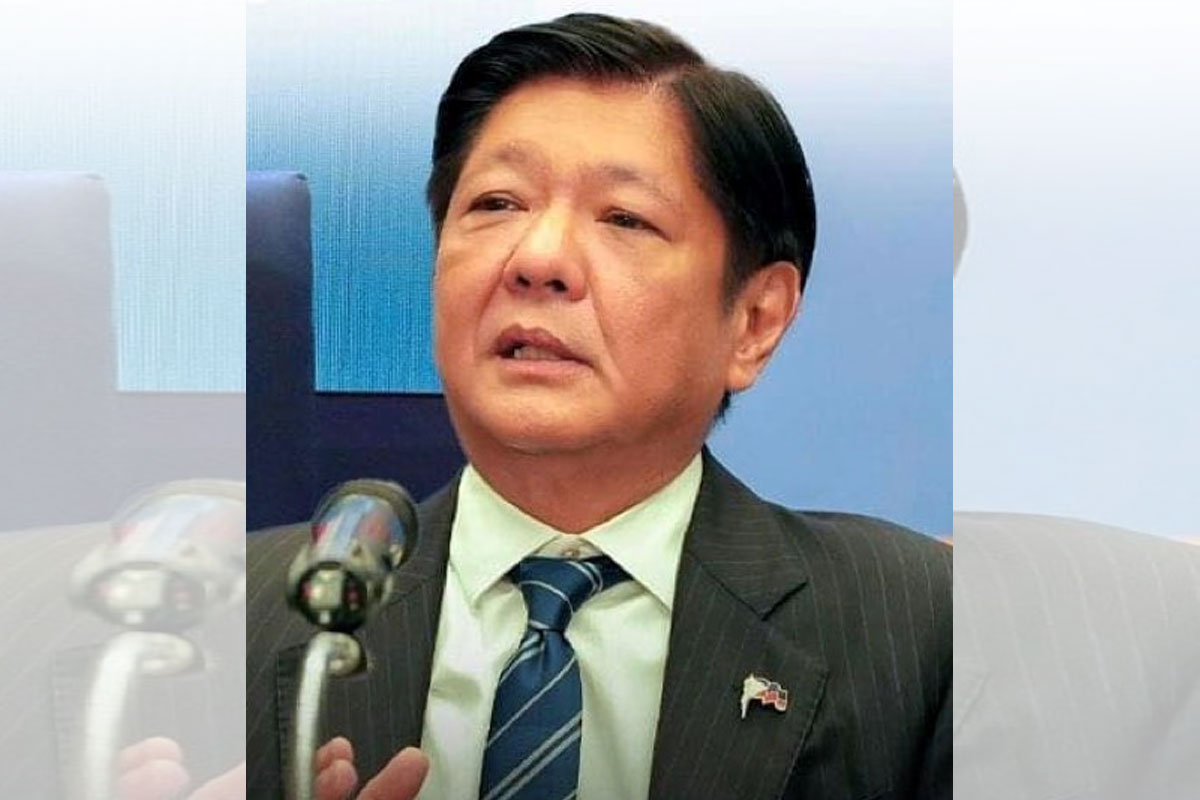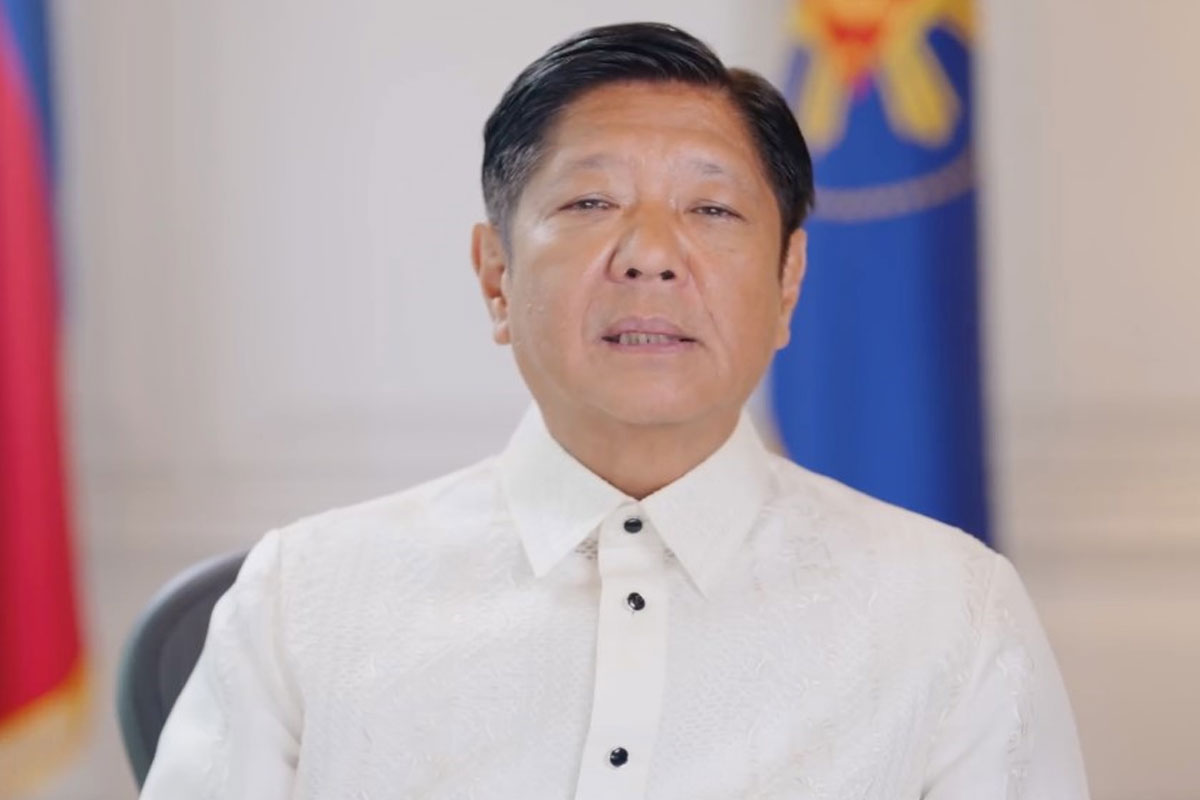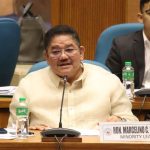
CamSur solons press for early intervention in suicide prevention
IF they had their way, four Camarines Sur legislators led by National Unity Party (NUP) president LRay Villafuerte would require three education-related agencies to draw up their respective monitoring along with early intervention and prevention programs to mitigate the disturbing rise in contemplated, attempted, frustrated or consummated suicides among students and other young Filipinos.
In House Bill (HB) 2895 or the “Suicide Prevention Act,” these Bicolano lawmakers want the Department of Education (DepEd), Commission on Higher Education (CHED), and Technical Education and Skills Development Authority (TESDA) to put up an Inter-agency Task Force on Student Suicides to craft and implement early intervention and prevention programs to address this alarming mental health concern.
“Suicide is not a crime, as most media reports tend to portray it. It is a serious problem that must be addressed,” said the Villafuerte-led bill authors issued on the occasion of this year’s Mental Health Awareness Month.
“The government, through the DepEd, CHED, and TESDA, should take steps to [the rise] of student suicide as a serious public health program,” said Villafuerte and his fellow CamSur Reps. Miguel Luis Villafuerte and Tsuyoshi Anthony Horibata, and Bicol Saro Rep. Nicolas Enciso VIII in HB 2895.
In a report released on this year’s World Mental Health Day last Oct. 10, the University of the Philippines Population Institute (UPPI) revealed that the results of its 2021 Young Adult Fertility and Sexuality Study (YAFS5) pointed to a nearly twofold increase from 2013 to 2021 in the number of teens and young adults from 15 to 25 years of age who had experienced “suicidal ideation.”
Suicidal ideation or thoughts is believed to be one symptom of major emotional depression or mental illness characterized by having suicidal thoughts or thinking of ending one’s life.
Rep. LRay Villafuerte said there is a perception that mental health issues, especially among the youth, have apparently been aggravated by the stringent lockdowns or mobility restrictions resulting from the over two-year pandemic, which had forced students and teenagers to keep off their schools and isolate themselves in their homes instead of hanging out with their peers.
And with increasing digitalization, he said that many of these youths have also been victimized by cyberbullying, triggering emotional or psychological problems that might have prompted many of them to think about or even try to commit suicide.
The NUP president supported President Marcos, who, in his World Mental Health Day message, said that mental health should be a global priority, along with climate change, peace, and poverty.
HB 2895’s authors proposed that the would-be interagency task force of the DepEd, CHED, and TESDA should raise awareness of student suicide as a serious public health issue; and craft programs on monitoring “suicide ideation” or suicidal thoughts among students, providing timely referrals for community-based mental health care to and treatment of students at risk of emotional disorders leading to suicide, and offering immediate support and information resources to the families and friends of students vulnerable to suicide attempts, among others.
They pointed to studies showing that “more teenagers and young adults die from suicide than from a combination of cancer, heart disease, AIDS (acquired immunodeficiency syndrome), birth defects, stroke and chronic lung diseases taken together.”
They added that “This is caused by the children’s separation from their parents when the latter go to work; the restrictive, abusive, punitive, or highly critical parenting style their elders adopt; the breaking of close relationships, and the oppression of society.”
Under HB 2895, the DepEd, CHED, and TESDA—in coordination with the Department of Health (DOH)—shall develop and implement nationwide student suicide early intervention and prevention strategies in the various schools.
The three agencies shall collect and analyze data on nationwide student suicide early intervention and prevention services that can be used to monitor the effectiveness of such services and for research, technical assistance, and policy development.
They shall also assist the school heads through nationwide student suicide early intervention and prevention strategies in (1) meeting the latter’s targets for student suicide reductions; (2) the timely assessment of students who are at risk of emotional disorders possibly leading to suicide; and (3) providing timely referrals for appropriate community-based mental health care and treatment of students who are at risk of committing suicide.
HB 2895 likewise directs these agencies to assist the school heads in: (4) providing immediate support and information resources to families of students who are at risk of emotional behavioral disorders that may lead to suicide attempts; (5) offering appropriate services, care and information to families and friends of students who recently committed suicide; (6) providing equal access to services and care to youth with diverse social and economic backgrounds; and (7) coming up with continuous and up-to-date information and awareness campaigns that target parents, family members, child care professionals, community care providers and the general public.
Moreover, these agencies are required under the bill to: (8) ensure that information and awareness campaigns on student suicide risk factors and early intervention and prevention services use effective communication mechanisms that are targeted to the students, families and schools; and (9) establish a timely response system to ensure that guidance counselors and teachers are properly trained in student suicide early intervention and prevention strategies, and that guidance counselors and teachers involved in early intervention and prevention services are properly trained in effectively identifying students who are suicide risks.
The four bill authors gave the would-be suicide task force the following responsibilities:
· Collect information from every school head regarding the incidence of student suicides;
· Study that information and make findings, conclusions and recommendations regarding that information; and
· Submit reports to the Congress on these task forces’ findings and recommendations.
Under the bill, the task forces shall collect the following information from campuses across the country:
· Prevalence of incidents of student suicides;
· The demographics of students who committed or attempted to commit suicide;
· The factors that influence the decision of students to commit or attempt to commit suicide; and
· The circumstances surrounding student suicide, including the age, sex, time, place, manner or instrument used to commit suicide, and whether consummated, frustrated or attempted.



















